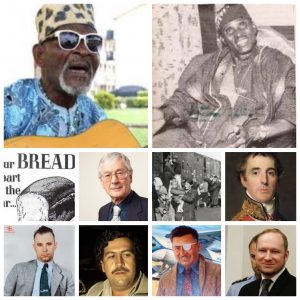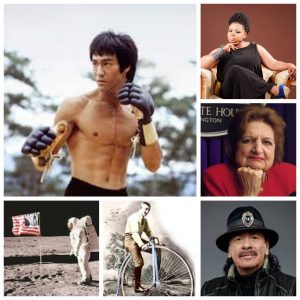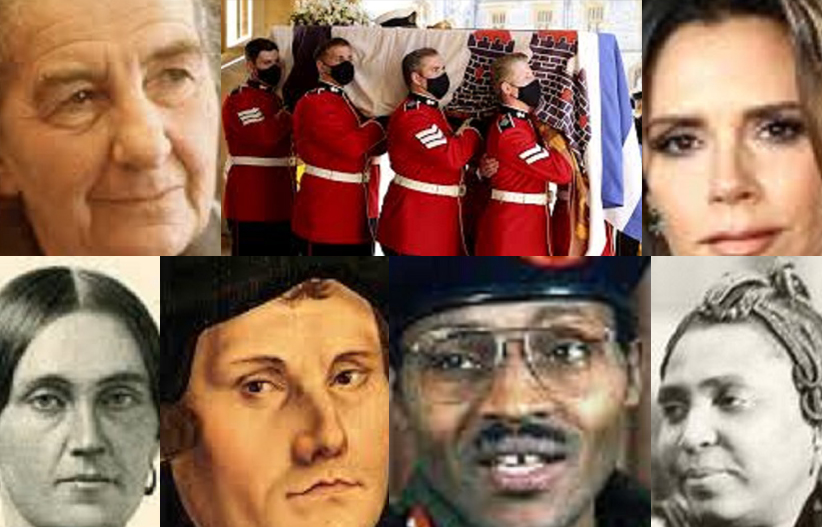
1521: Martin Luther stands firm at Worms
On 17 April, Luther walked into the town hall, where “the emperor, the electors and the princes” were waiting. A thin, pale man of medium height, he admitted later that he was “physically fearful and trembling”. The presiding official, Dr Johann Eck, asked if Luther had indeed written the offending words, and invited him to retract them. “It would be rash and dangerous for me to reply to such a question,” Luther insisted until he had had time to think it over.

Very well, his interrogators agreed: they would meet again the following day. The next morning, Luther was summoned to meet Charles’s bishops. He would not, he said, retract his books attacking the abuses of the church.
“If I now recant these,” he explained, “I would be doing nothing but strengthening tyranny.” He was not prepared to bow to the judgment of the pope; he had “no other guide but the Bible, the Word of God”, and could not act contrary to his conscience. “My God help me,” he said firmly. “Amen.”
1865: American boarding house owner Mary Surratt was arrested for taking part in President Lincoln’s assassination. Surratt was later hanged for her crime, becoming the first woman to be executed by the US government.
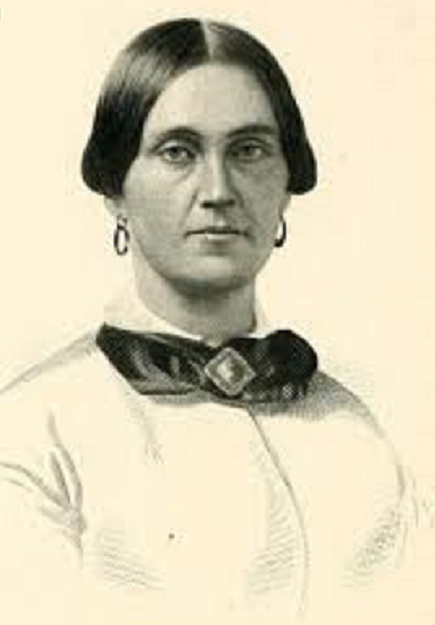
1951: The entire 75-strong crew of the British submarine Affray died after it went missing off the south coast of England. It was the worst British submarine accident since the 2nd World War.
1961: A CIA-sponsored paramilitary group attempts to invade Cuba
The Bay of Pigs invasion was a failed attempt to overthrow the Cuban government. The United States government had ordered the CIA to plan Fidel Castro’s overthrow.
1963: Ambitions to constitute a new Union were revived by Egypt, Syria, and Iraq. The proposed flag for the new union would have been the same as the first UAR flag, but with three stars symbolising the three states constituting the union. These ambitions were never realised, however, Iraq retained the proposed flag as its national flag.
The official explanation of the three stars was that they should remind Iraqis of attempts to unify the Arab countries.
1969: The age at which a person was eligible to vote in Britain was lowered from 21 to 18.
1969: Golda Meir became the fourth prime minister of Israel.
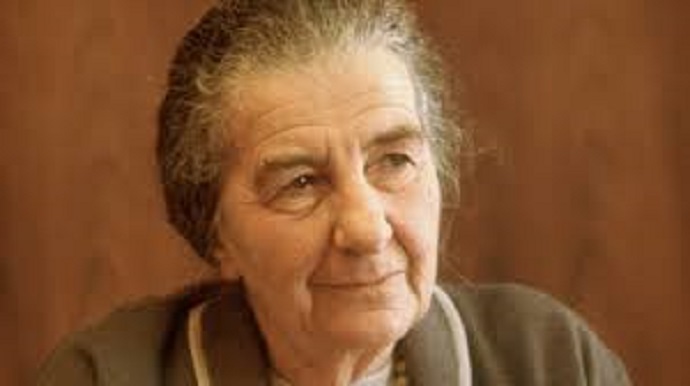
1970: With the world anxiously watching, Apollo 13, a U.S. lunar spacecraft that suffered a severe malfunction on its journey to the moon, safely returns to Earth on April 17, 1970.
On April 11, the third manned lunar landing mission was launched from Florida, carrying astronauts James A. Lovell, John L. Swigert, and Fred W. Haise. The mission was headed for a landing on the Fra Mauro highlands of the moon.
However, two days into the mission, disaster struck 200,000 miles from Earth when oxygen tank No. 2 blew up in the spacecraft. Swigert reported to mission control on Earth, “Houston, we’ve had a problem here,” and it was discovered that the normal supply of oxygen, electricity, light and water had been disrupted.
The landing mission was aborted, and the astronauts and controllers on Earth scrambled to come up with emergency procedures. The crippled spacecraft continued to the moon, looped around it, and began a long, cold journey back to Earth.
1975: Phnom Penh falls to the Khmer Rouge
The regime under “Brother Number 1” Pol Pot tortured and killed several million people. Amongst the communists’ perceived enemies were intellectuals, anyone with a connection to the former government, and several ethnic minorities.
1978: Mir Akbar Khyber’s assassination triggers a communist coup in Afghanistan
The Communists introduced a series of reforms, such as equal rights for women and universal education. These achievements were undone soon after by the outbreak of several wars.
1982: Canadian Prime Minister Pierre Trudeau and Queen Elizabeth II sign the “Proclamation of the Constitution Act”, establishing the “Charter of Rights and Freedoms” as part of the country’s new Constitution.
1984: The Buhari regime promulgated Decree No. 4, the “Public Officer’s Protection Against False Accusation” Decree, which made it an offence to ridicule the government by the publication of false information.

1986: The world’s longest war ends without a single shot having been fired
The state of war between the Netherlands and the Isles of Scilly had been extended for a total of 335 years by the lack of a peace treaty. Some historians doubt that war had ever been declared.
1993: The National Assembly convenes for the first time and immediately resolves to oppose any effort to disrupt the transition to a civil rule programme.
2007: Jazz composer and musician John Coltrane received the Special Citation Pulitzer Prize after his death.
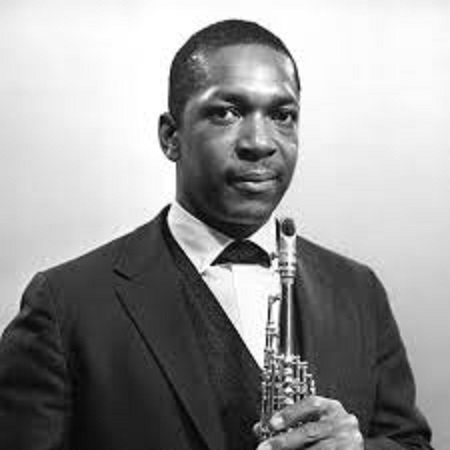
2019: Using gene therapy, eight babies suffering from “bubble boy disease” were cured in Memphis, Tennessee. Bubble Boy Disease is when a child has such a weak immune system that common, everyday bacteria and other microbes become deadly to them. So for them to survive, they must spend their entire lives in a bubble.
2021: The funeral of Prince Philip, the Duke of Edinburgh and husband of Queen Elizabeth II for more than 70 years. Because of coronavirus restrictions, the funeral was confined to Windsor Castle after an 8-minute procession within the castle grounds.
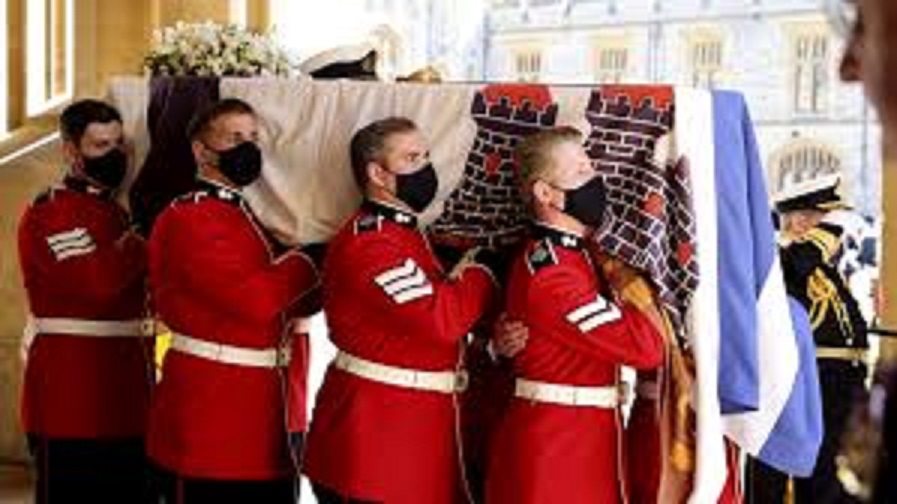
BIRTHS ON THIS DAY APRIL 17
Victoria Beckham, 50
Victoria Caroline Beckham OBE is an English fashion designer, singer, and television personality, was born on 17 April 1974. She rose to prominence in the 1990s as a member of the girl group the Spice Girls, in which she was nicknamed Posh Spice.

Chike Obi (17 April 1921-: 13 March 2008)
Chike Obi was a Nigerian politician, mathematician, and professor. The African Mathematics Union suggests that he was the first Nigerian to hold a doctorate in mathematics. Obi’s early research dealt mainly with the question of the existence of periodic solutions of non-linear ordinary differential equations. He died at the age of 86.
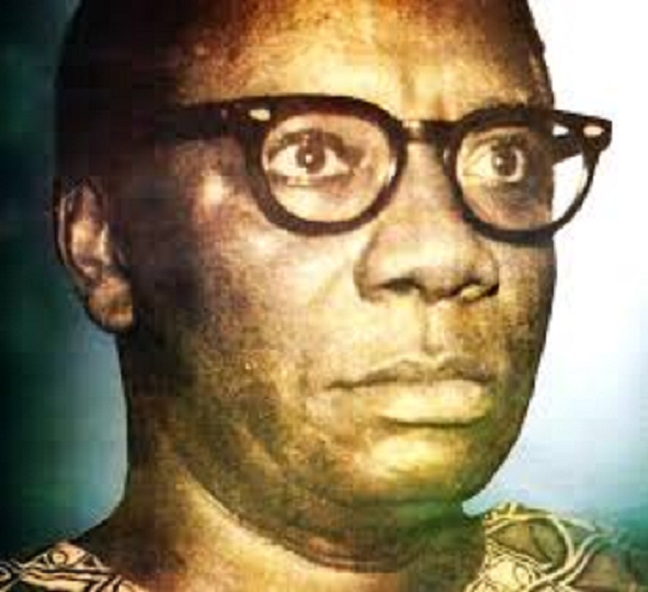
Mariama Ba (17 April 1929- 17 August 1981)
Senegalese author and pioneering feminist, in Dakar, Senegal was born on this day 17 April 1929. Her award-winning debut novel in 1979, So Long a Letter, expresses her dismay at the status of women in both traditional and modern Senegalese life. In her 1981 novel, Scarlet Song, she received additional international recognition for the book’s theme of women’s empowerment. She died in 1981 at the age of 52.
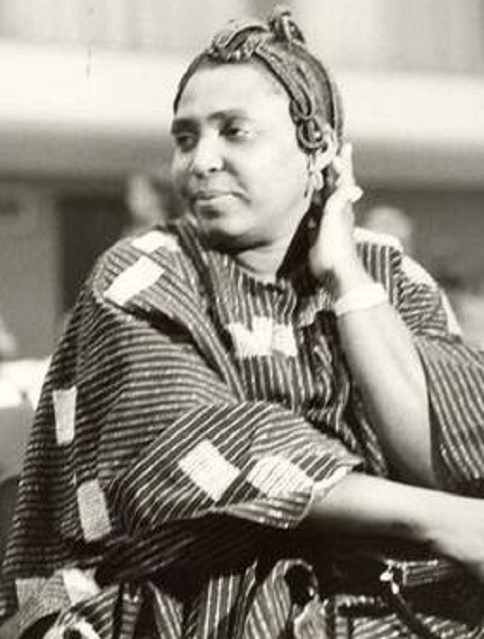
Kindly like, comment, follow, and share.
















